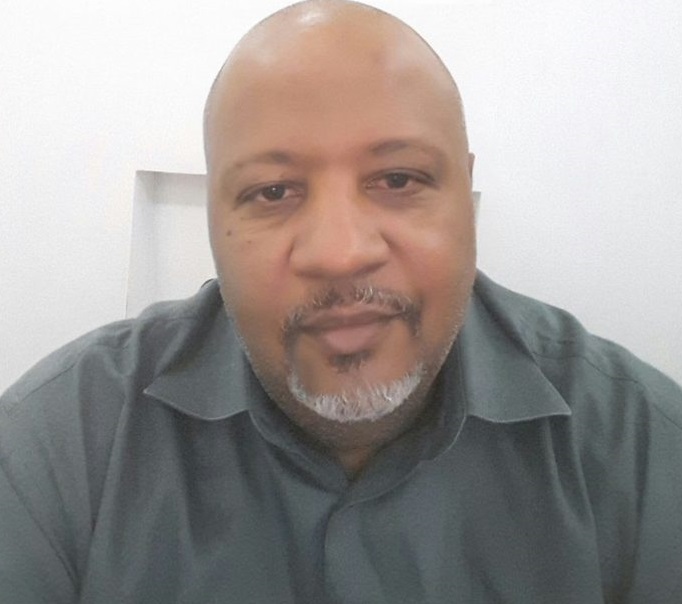In 2012, the Energy Regulatory Commission, a state body in Kenya, formulated regulations that required homes to use solar water heating as an alternative source of energy. The primary reason for this was to reduce the over-dependence on non-renewable sources of energy as well as put Kenya in the path of utilizing renewable energy that is free and cannot be exhausted.
This came as good news to solar suppliers in the country, including SOLENSE, as the directive would drastically boost business for us. There has been a spike since the deadline that ended as of last year November 2017. However, it has not been as I had been expected. This is partially attributed to there being very little of awareness campaigns by ERC and also on simple economics. Not all landlords are in a position to invest the required funds for putting in these hot water systems.
However, just recently, Members of Parliament in Kenya repealed the law that imposed a US $10,000 fine or one-year jail term for real estate developers and home owners who fail to install solar water heating systems in their buildings. The MPs said the fines would undermine the goal for attaining affordable housing. This obviously comes as a huge blow to solar suppliers and the solar industry as a whole countrywide.
Upfront cost
Another significant challenge is that so far not many financial institutions have come on-board to offer finance by way of loans for clients to be able to borrow and install. We have been trying to open dialogue with various banks and SACCOS to hopefully, in the short term be aware of the ERC deadline, and see if they can assist their customers to get financial support.
When an individual or a commercial entity decides to look at alternatives on saving on power costs, most likely the option available is solar. The cost of solar has come down significantly over the last few years. However, the capital outlay required is sometimes not easily available.
Local banks have yet to fully capitalize on this by offering funds for investment in solar. Interest rates tend to make the borrowing become too expensive whereby the whole project then tends not to look viable.
There has been a trickle of foreign capital being made available which has helped to off-set but this has mainly been for commercial heavy consumer investment only. The domestic market is hugely untapped and with increased development in housing, the potential for the local banking sector to create packages for domestic homes
Legislation
The Government also needs to play a role. Most first world countries offer rebates to any solar/alternative energy investment done by both commercial and domestic homes investing in other sources of energy. Another incentive is to allow for any private sector investor to be allowed to sell excess power produced to be sold back to the grid and later bought back.
It is essential for ERC to increase awareness of the deadline, which has now passed, and continue to educate the public about it. We as SOLENSE and all other companies who are solar suppliers have been advising clients of the deadline in all our communication and will continue to do so.
Government legislation could and should also be changed where any investment in solar energy is nurtured. Most of the western world allow and support GREEN ENERGY INITIATIVES in two critical ways:
- Rebates in solar investment where a commercial heavy user and or a domestic house-hold gets some money back from them installing solar power in their factories and homes
- Where any individual home or commercial entity can be allowed to sell excess power to the main grid. Our legislation here and in many African countries still do not allow for this.
Solar, in general, is a growing trend. The products are now available to us here in Kenya, allowing those not connected to the main grid to still be connected to the rest of the world by being able to operate radio/mobile phones/televisions and using alternative energy to power up their lives.
Newer products at least for Kenya such as Grid-Tie solar is also something where commercial heavy consumers can look into and invest in to reduce operating costs and diverting some of the load off the main KPLC Grid and again become Green in their production of goods and services and also their carbon foot-print.
Another aspect of solar is that its application is growing albeit slow in east Africa but we can see the local population embrace it and apply it more in their day to day lives.
Adil Mohamed is the Director at SOLENSE Limited, an organization that provides solar energy solutions in Kenya. These solutions range from lighting solutions to power backups, to solar water heaters and solar water pumps. Their main offices are located in Nairobi, Kenya.

Leave a Reply